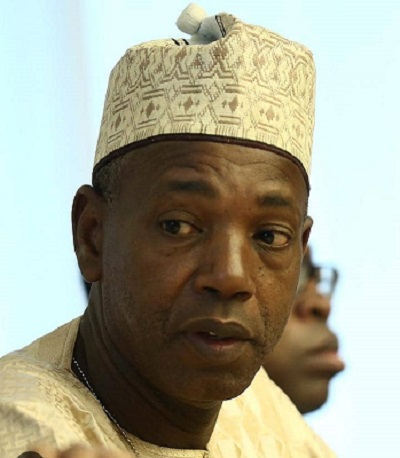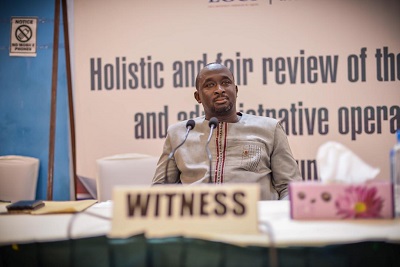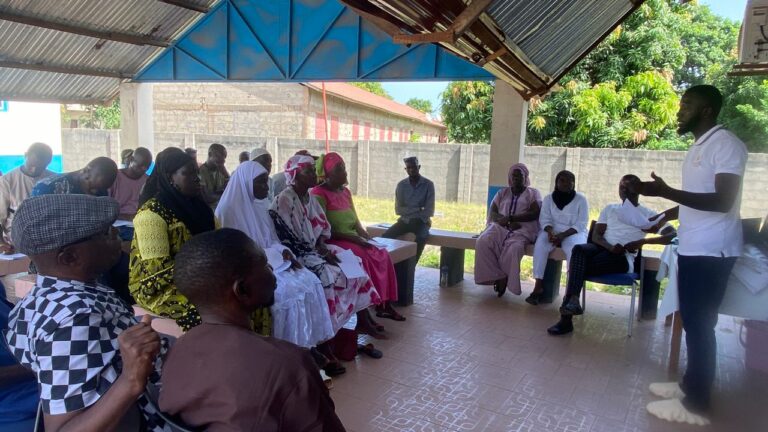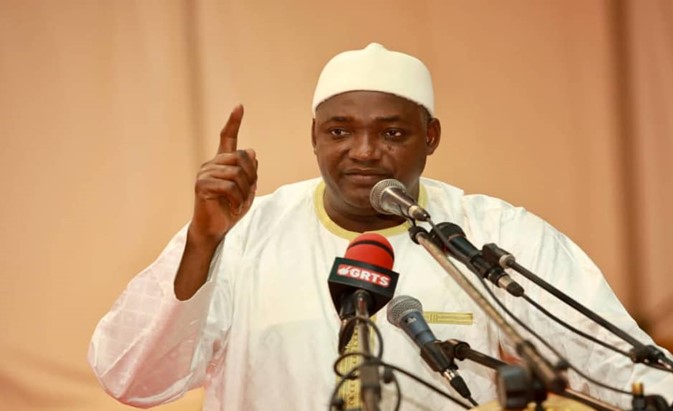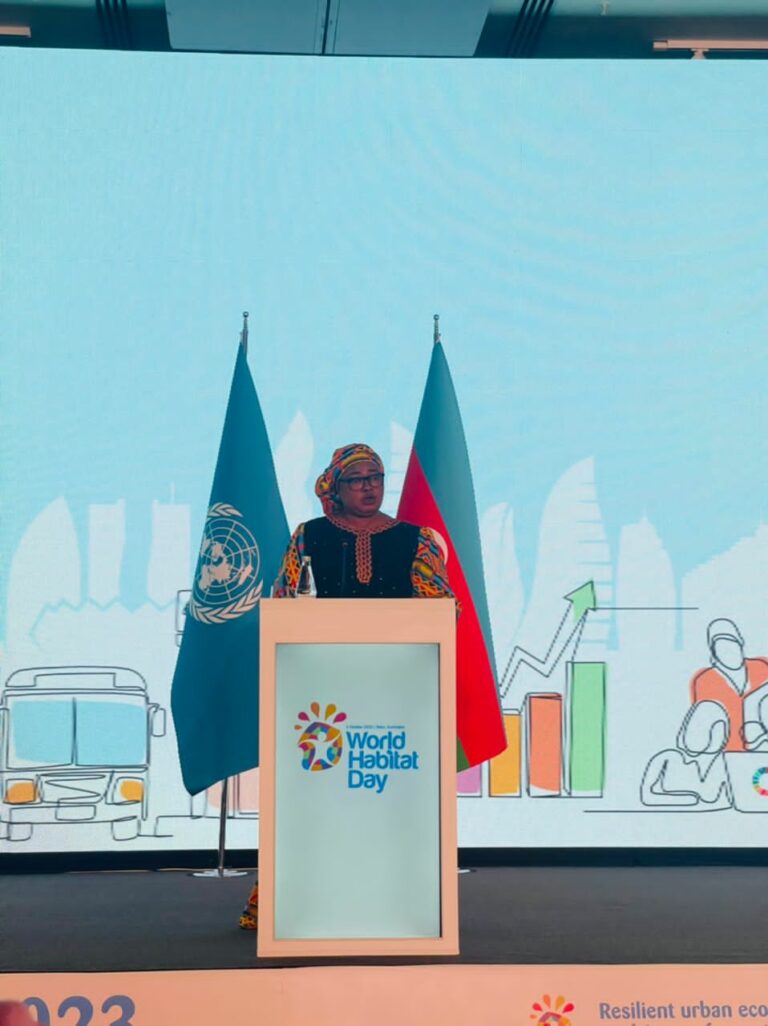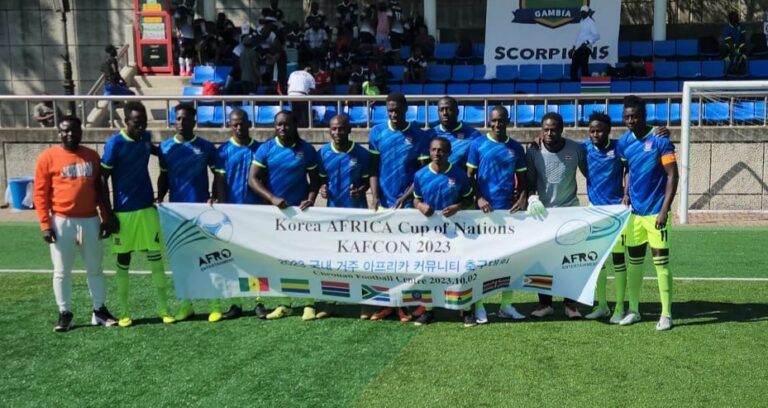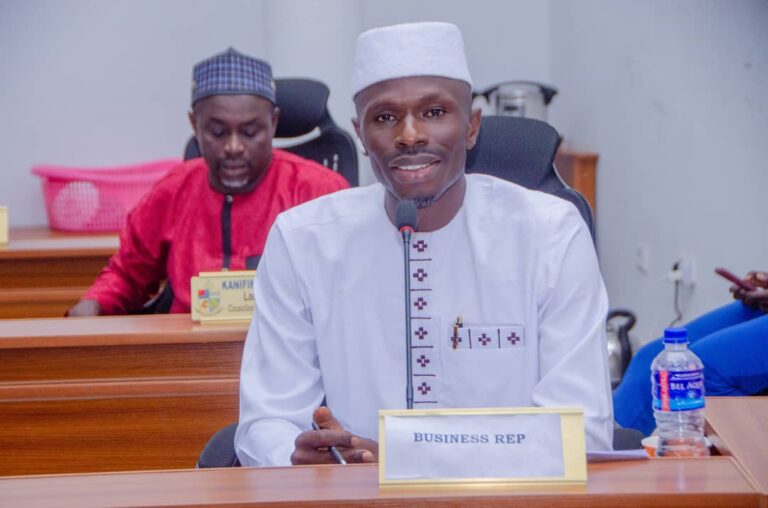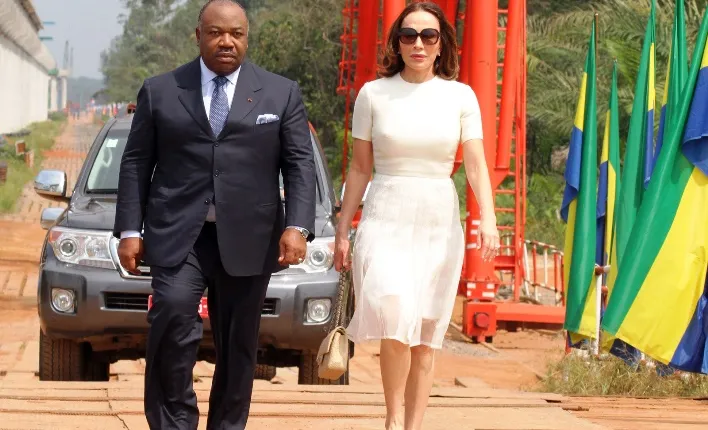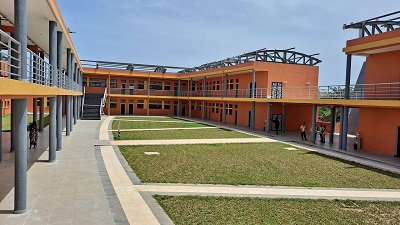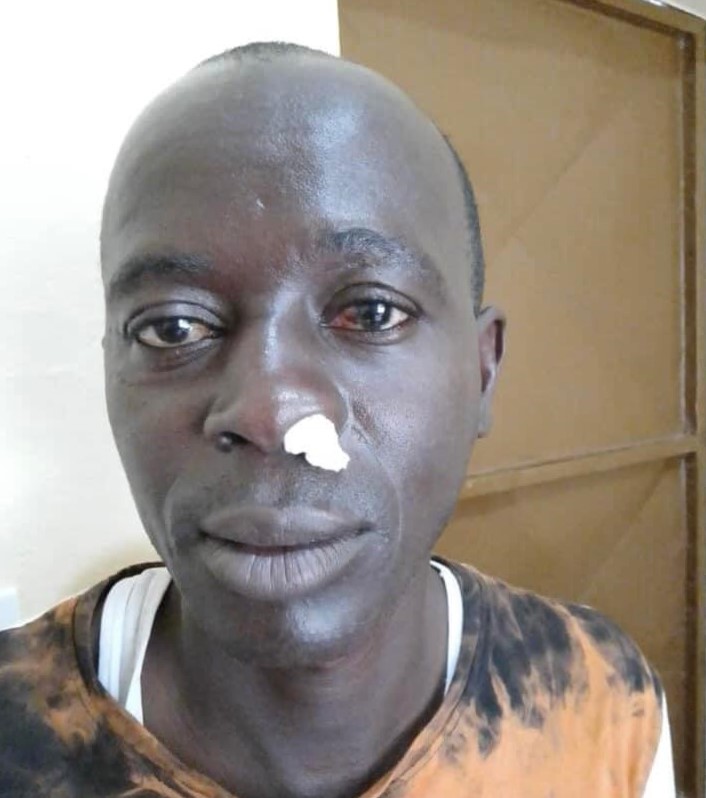By: Alieu Jallow
In recent years, many young people have been motivated to migrate irregularly to Europe in search of socioeconomic progress.
According to the International Organization for Migration (IOM), between 2014 and 2018, over 35,000 Gambians arrived in Europe through irregular means, while others along the Central Mediterranean Route in Africa have chosen to return voluntarily.
Musa Gako, a tourist taxi driver in Senegambia, shared that he embarked on a risky journey to Europe with the hope of improving his economic status and providing for his family.
“I needed a change to change my economic situation following family pressure,” he told The Fatu Network.
Apart from being a tourist taxi driver, Musa also sells coffee at the beach and shares his aspirations of a better life. He wanted to follow in his friends’ footsteps and make the journey to Italy through the Mediterranean Sea. In 2016, he left The Gambia and travelled to Libya via Dakar. However, he returned voluntarily in 2017. According to him, he was imprisoned for two months but his family was able to secure his release by paying a ransom.
“I was imprisoned for two months, but then my mom paid the ransom. [From there] I proceeded to the capital and had to do some petty jobs just to make money to pay for my crossing. So, [on] one bad Sunday, we were caught by the Libyan police at a checkpoint and sent to the detention centre where I was kept until IOM facilitated my return”.
Musa mentioned that the reintegration package he received, which amounted to D53,000, was not enough to purchase a taxi that could sustain his livelihood. Despite this, he decided to save the money in his account until he met an elderly tourist who generously provided him with additional funds to buy the taxi he currently operates.
“The beach was my place before leaving so when I came back, I went back there and used a friend’s car to drive tourists around until I met an old white man who later supported me with some cash to buy the taxi I’m using today,” Musa said.
When asked if he still wants to take the risky journey, Musa replied that the situation has changed since he felt pressured before. Nonetheless, he still believes that in order to succeed in life, he needs to go to Europe – a dream he strongly desires. He emphasized that the government is not providing a supportive environment for young people to thrive.


